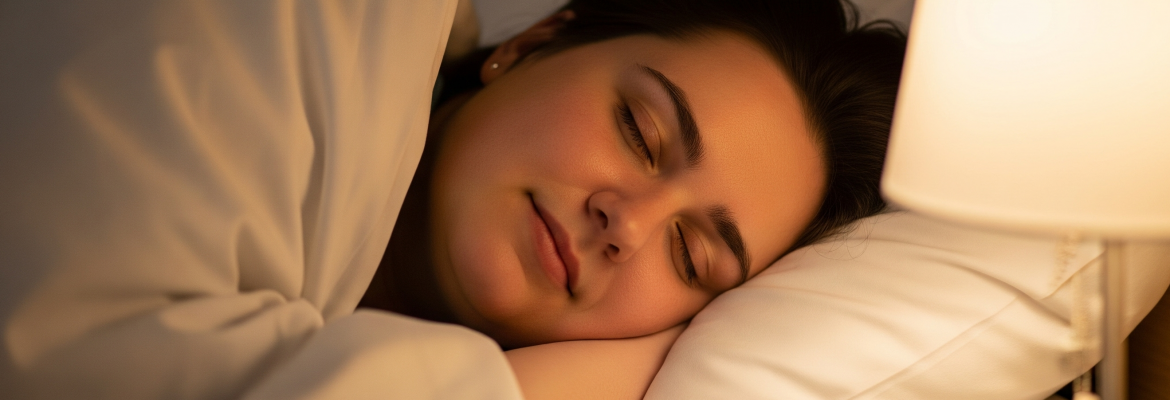Sleep Apnoea Breakthrough: Mounjaro Approved for Treatment in Australia
For the first time, a weight-loss drug, Mounjaro, has been approved by Australia’s medicines regulator, the Therapeutic Goods Administration (TGA), to treat people with sleep apnoea. This marks a significant expansion for GLP-1 medications beyond their initial uses for diabetes and heart disease.
What is Mounjaro and How Does It Address Sleep Apnoea?
Mounjaro, also known by its active ingredient tirzepatide, is a GLP-1 weight-loss drug manufactured by global pharmaceutical giant Eli Lilly. The TGA has now approved its use for adults living with moderate-to-severe obstructive sleep apnoea (OSA) and obesity (BMI over 30).
The drug’s mechanism in treating OSA is primarily through weight reduction. Obstructive sleep apnoea occurs when a person’s upper airway becomes blocked, causing breathing to be repeatedly interrupted during sleep. By assisting with weight loss, Mounjaro aims to ease pressure on the chest and abdomen and reduce excess fat around the neck and throat, thereby addressing the underlying cause of the condition.
A Welcome Milestone in Treatment
The approval is a “significant milestone” and has been warmly welcomed by sleep health experts, including the Sleep Health Foundation and Professor Brendon Yee of the Woolcock Institute of Medical Research, who was involved in a clinical trial for Mounjaro. With 780,000 Australians affected by sleep apnoea, and many previously going without treatment due to a lack of effective medicines, this new option offers hope.
The clinical trial, which involved 469 participants from multiple countries, found that patients taking Mounjaro experienced fewer “obstructive sleep apnoea events” restricting their airflow per hour of sleep. Beyond improving OSA, weight loss facilitated by Mounjaro can also positively impact:
- Blood pressure
- Daytime sleepiness
- Potentially reduce the long-term risk of cardiovascular disease. Sleep apnoea itself is a known risk factor for heart disease.
Important Considerations for Patients
While Mounjaro offers a promising new avenue, there are key factors to be aware of:
- Cost: Mounjaro is not currently subsidised under the Pharmaceutical Benefits Scheme (PBS) for sleep apnoea. This means patients will pay the full private price, which can start at $395 per month for an initiation dose and potentially reach as much as $600 a month. Eli Lilly has made submissions for Mounjaro to be listed on the PBS for type 2 diabetes, hoping that TGA approvals for more conditions will increase its chances for taxpayer funding.
- Eligibility: The TGA indication is specifically for people with moderate or severe sleep apnoea in conjunction with obesity.
- Sustainability: GP and sleep health researcher Professor Nick Zwar advises that while Mounjaro can assist with weight loss, sustainable dietary changes are also necessary to prevent weight regain if medication is stopped.
- Alternative Treatments: Mounjaro provides an alternative to existing sleep apnoea devices, such as continuous positive airway pressure (CPAP) machines, which most people with the condition currently use. Device manufacturers like ResMed suggest that a combination of CPAP and medicines could be the best way to treat sleep apnoea.
Eli Lilly’s Mounjaro competes with rival GLP-1 drugs like Ozempic and Wegovy, made by Novo Nordisk. Ozempic is currently the only one PBS-listed, specifically for treating people with diabetes. The multi-use Mounjaro KwikPen, released in 2024 to address previous supply issues, remains available for GPs to prescribe.
This TGA approval for Mounjaro represents a significant step forward in offering a medicinal approach to treating the underlying cause of obstructive sleep apnoea in individuals with obesity. While cost remains a barrier for many, the availability of this new treatment option is a cause for optimism among patients and doctors alike.


